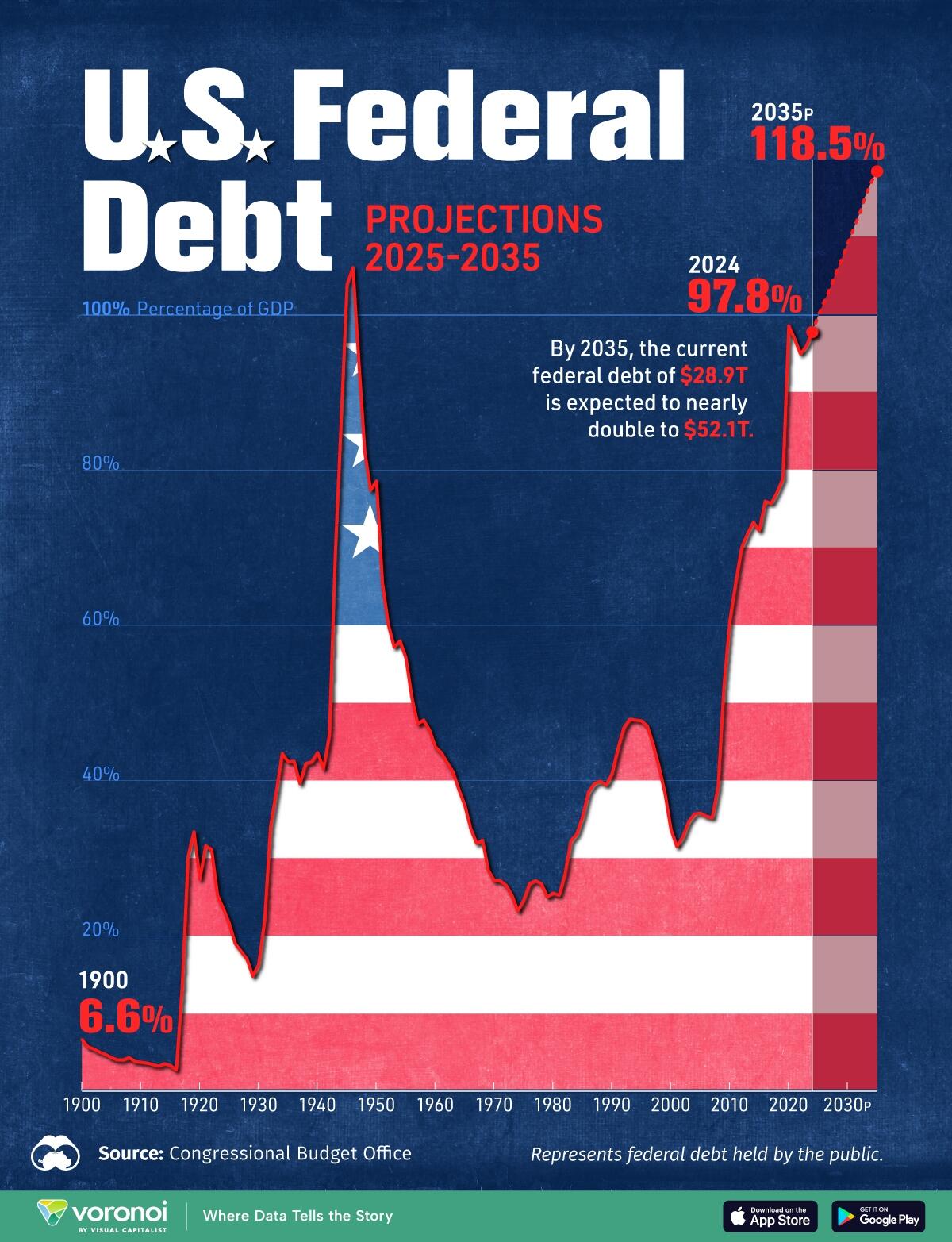U.S. National Debt Surges to Historic $37 Trillion, Raising Concerns Over Economic Stability
As of August 12, 2023, the United States national debt has reached a staggering $37 trillion—an unprecedented figure that has emerged earlier than anticipated. This record debt level has ignited discussions among economists, policymakers, and the public about its implications for the nation’s economic future and fiscal health.
Background & Context
The national debt, which represents the total amount of money that the U.S. government owes to its creditors, has been a growing concern for years. The recent surge to $37 trillion marks a significant milestone in the country’s fiscal history, highlighting the ongoing challenges of managing government spending and economic growth. Factors contributing to this increase include expansive federal spending, tax cuts, and economic measures implemented during the COVID-19 pandemic.
The debt has implications for future generations, affecting everything from government spending on social programs to interest rates. As previously reported, the economic landscape has been complicated by inflationary pressures and shifting global dynamics. The question now remains: how will the government address this burgeoning debt while ensuring economic sustainability?
Key Developments
In recent statements, former President Donald Trump asserted that tariffs imposed during his administration did not contribute to inflation, countering widespread criticism regarding their economic impact. He claimed that "trillions of dollars are flowing into the budget," suggesting a positive outlook on government revenue amidst rising debt levels. This assertion has sparked debate among economists, many of whom argue that while revenue may increase, it does not negate the larger issue of unsustainable debt growth.
Meanwhile, in the tech sector, significant moves are underway as companies like Google and Meta are reportedly financially backing Zokhran Mamdani"s campaign for New York City Mayor. This support reflects a growing trend of corporate influence in politics, particularly as Mamdani surges to 44% support in the NYC mayoral race, leading former Governor Andrew Cuomo by 19 points, as detailed in recent developments.
\n\n
Image for U.S. National Debt Surges to Historic $37 Trillion, Raising Concerns Over Economic Stability
Broader Impact
The record-setting national debt raises serious questions about the sustainability of current fiscal policies. Experts warn that an increasing debt-to-GDP ratio could lead to higher interest rates, crowding out private investment and potentially stifling economic growth. Furthermore, the burden of debt repayment may limit the government’s ability to fund essential services and programs.
Historically, large debt levels can lead to economic crises, as seen in various countries that have faced sovereign debt defaults. The current trajectory of U.S. debt could mirror those situations if not managed prudently. The implications extend beyond economics; they intertwine with political stability and public trust in government institutions.
What"s Next
Looking ahead, the Biden administration is set to implement a new rule regarding H-1B visas, which could affect the labor market and economic growth. The visa program, crucial for bringing skilled workers to the U.S., has been a topic of contention amidst broader immigration debates. The upcoming changes may either alleviate or exacerbate labor shortages in key sectors, influencing economic productivity and, indirectly, the national debt.
As discussions continue around fiscal responsibility, the government will need to tread carefully, balancing the need for economic stimulus with the imperative to manage debt. Monitoring economic indicators and public sentiment will be vital as policymakers navigate this complex landscape. The potential for rising interest rates, coupled with the ongoing economic recovery, will be crucial to watch in the coming months.

Image for U.S. National Debt Surges to Historic $37 Trillion, Raising Concerns Over Economic Stability



![[Video] Gunfire between Iraqi security forces and Sadr militias in Baghdad](/_next/image?url=%2Fapi%2Fimage%2Fthumbnails%2Fthumbnail-1768343508874-4redb-thumbnail.jpg&w=3840&q=75)
